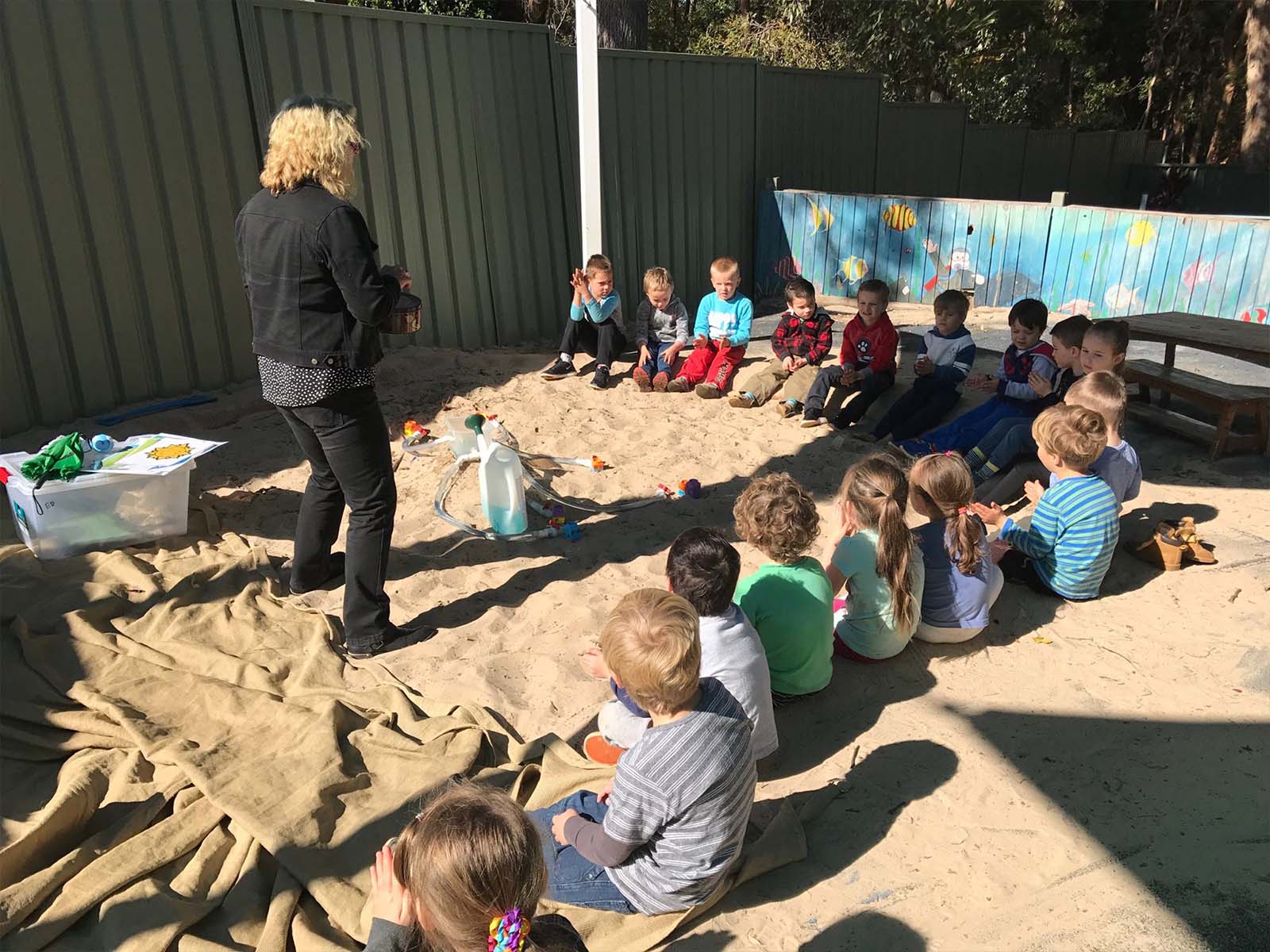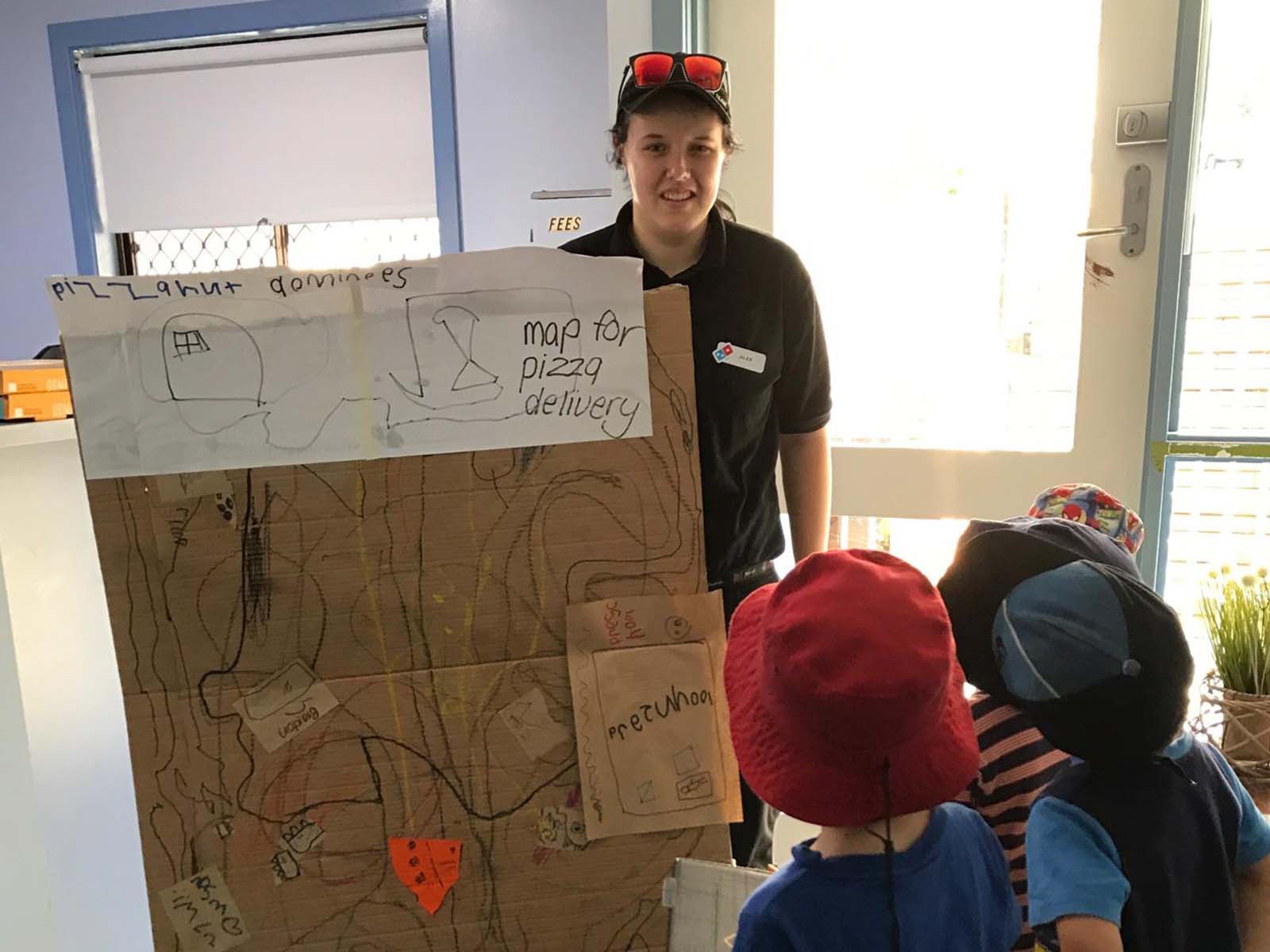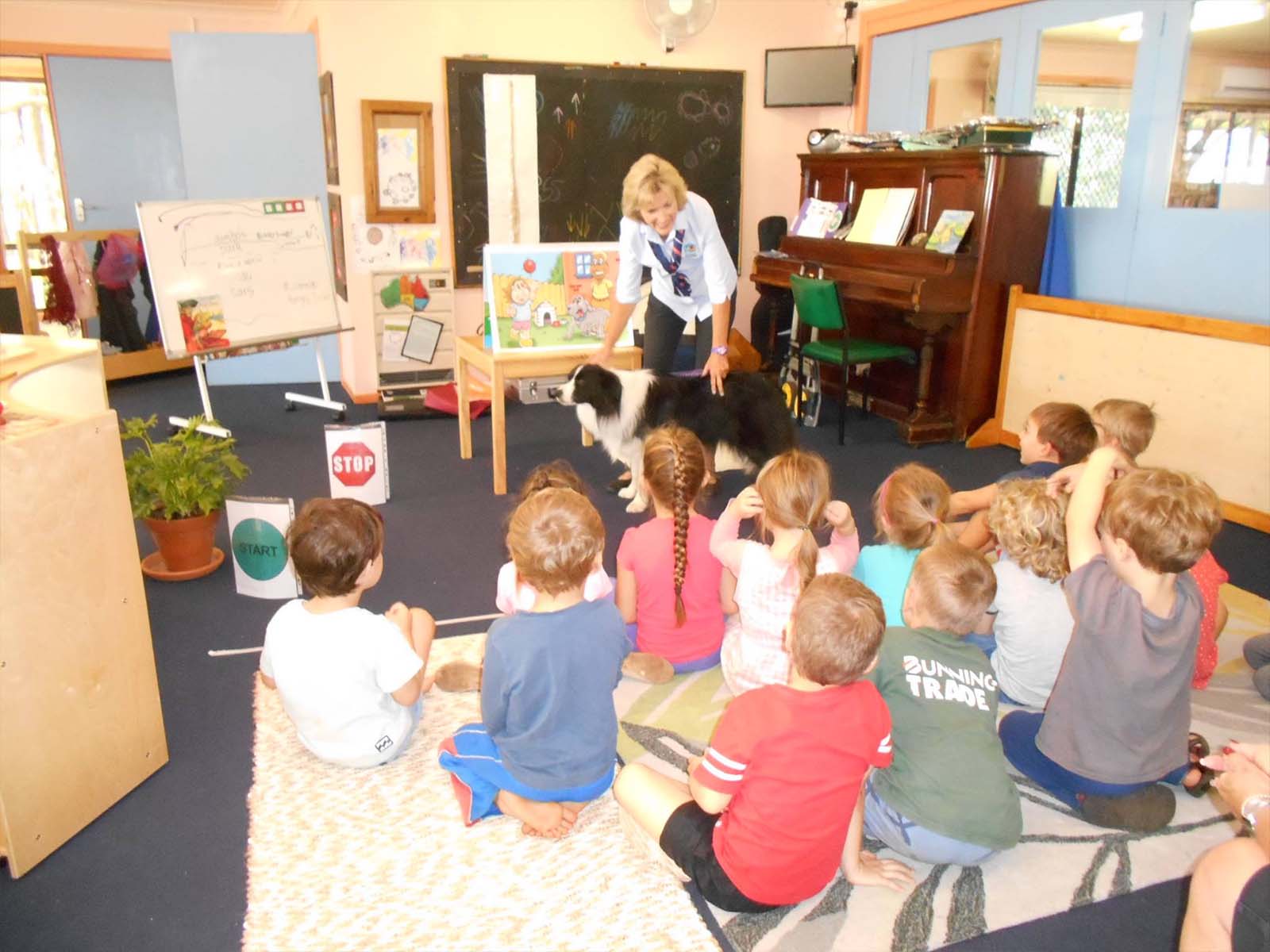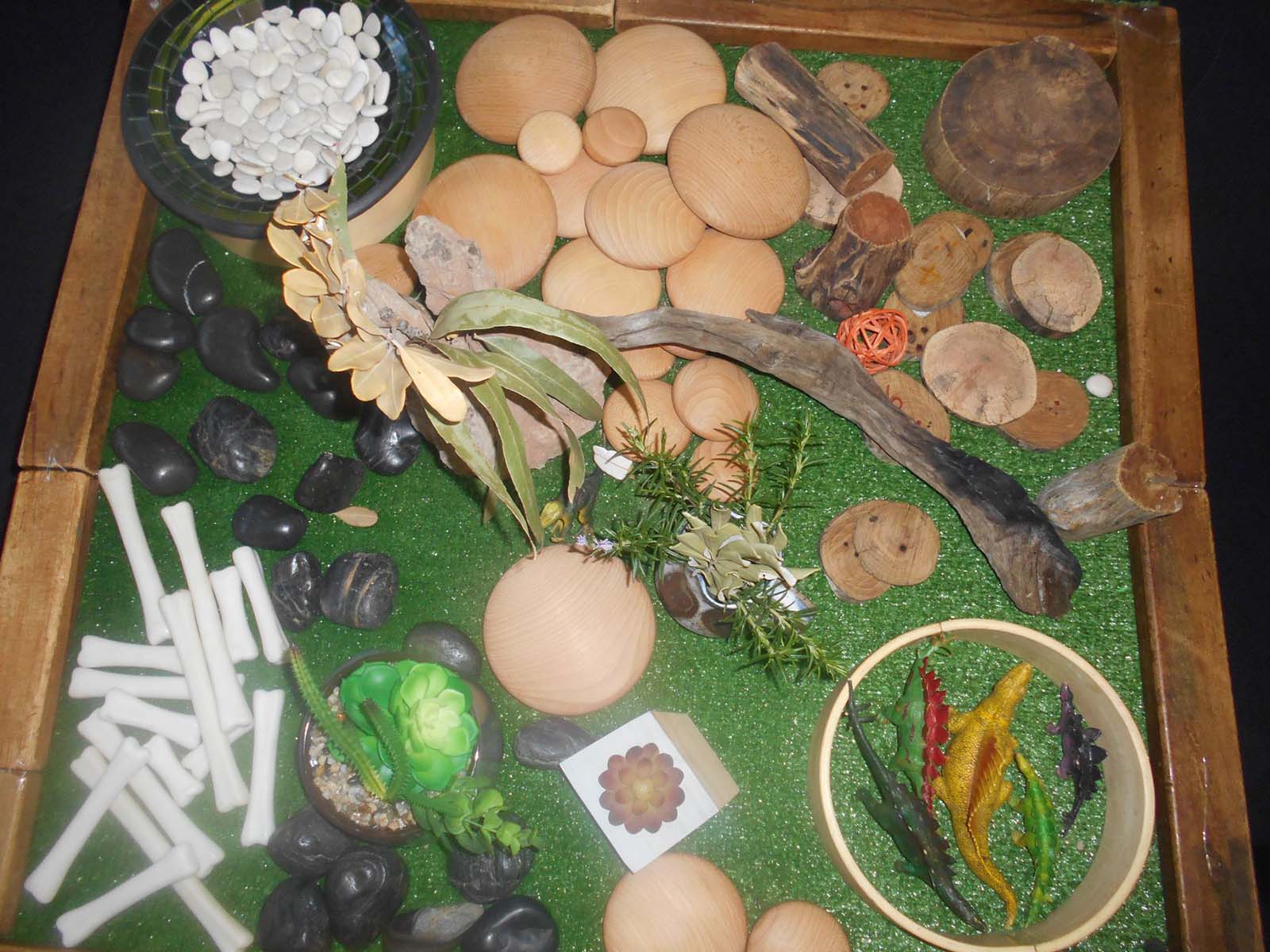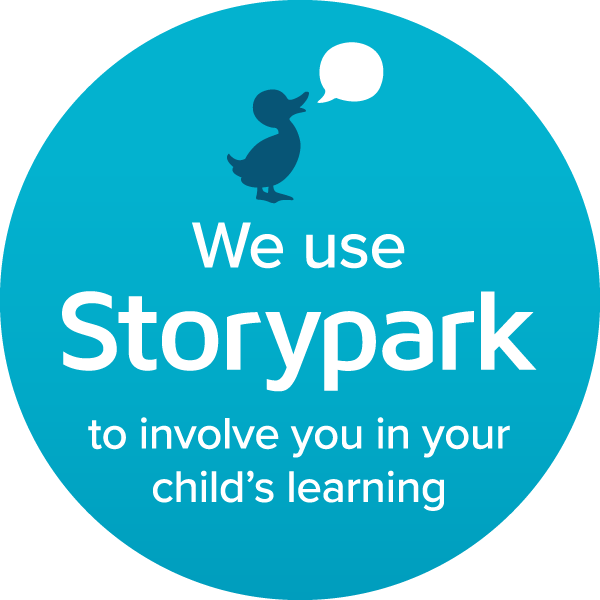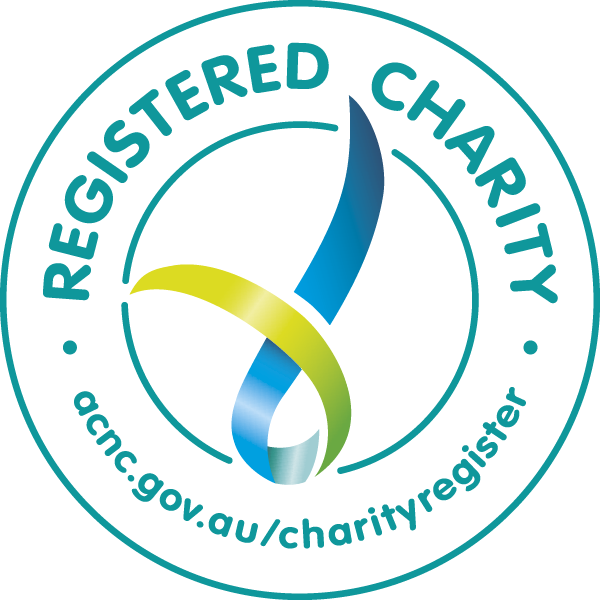Educational Environment
The learning environment of Hastings Preschool is different from many other child care centres and preschools.
We aspire to the Reggio Emilia educational experience where children are active protagonists of their own personal growth and learning; children are encouraged to explore their environment and express themselves through multiple pathways and ‘all their languages’ Reggio Children (2001).
Our teaching and learning comes from the words of Loris Malaguzzi who believed that each child is endowed with ‘a hundred languages’ including words, movements, drawing, painting, building, sculpture, shadow play, music and much more. Malaguzzi believed children have many ways of thinking, of expressing, of understanding and encountering others that connects rather than separates the various meaningful experiences. That children are equipped from birth to make meaning of their world, to use one hundred languages to construct their own knowledge in many ways using many materials available and presented to them.
Our educational context starts from listening to each child to find their uniqueness, their unique identity, their community to see each child’s different way to learn through the one hundred languages.
Our environment, the educational context, the spaces and the planning ensures each child has a voice in the program and are always at their learning best. The teachers use many strategies to educate each individual child recognising the one hundred ways children learn. Infants and very young children are in an environment that invites sensory experience with stimulating perceptions to make connections that lead to cognitive discoveries.
Learning together, relationships are at the core of our practice. Our goal is to reinforce each child’s sense of identity, a sense of belonging, of being confident to have a say and to participate fully in activities and experiences. We invite each child and parent into this co-construction of their learning.
We use a project approach to teaching and learning. These open ended studies of everyday topics emerge from the questions children raise. Teachers provide experiences through which children can discover the answers themselves through inquiry. This collective inquiry is intended to engage children in deep and exciting learning experiences. This way we all become co-learners; focusing on children’s understanding of the world as we talk and interpret that understanding together.

